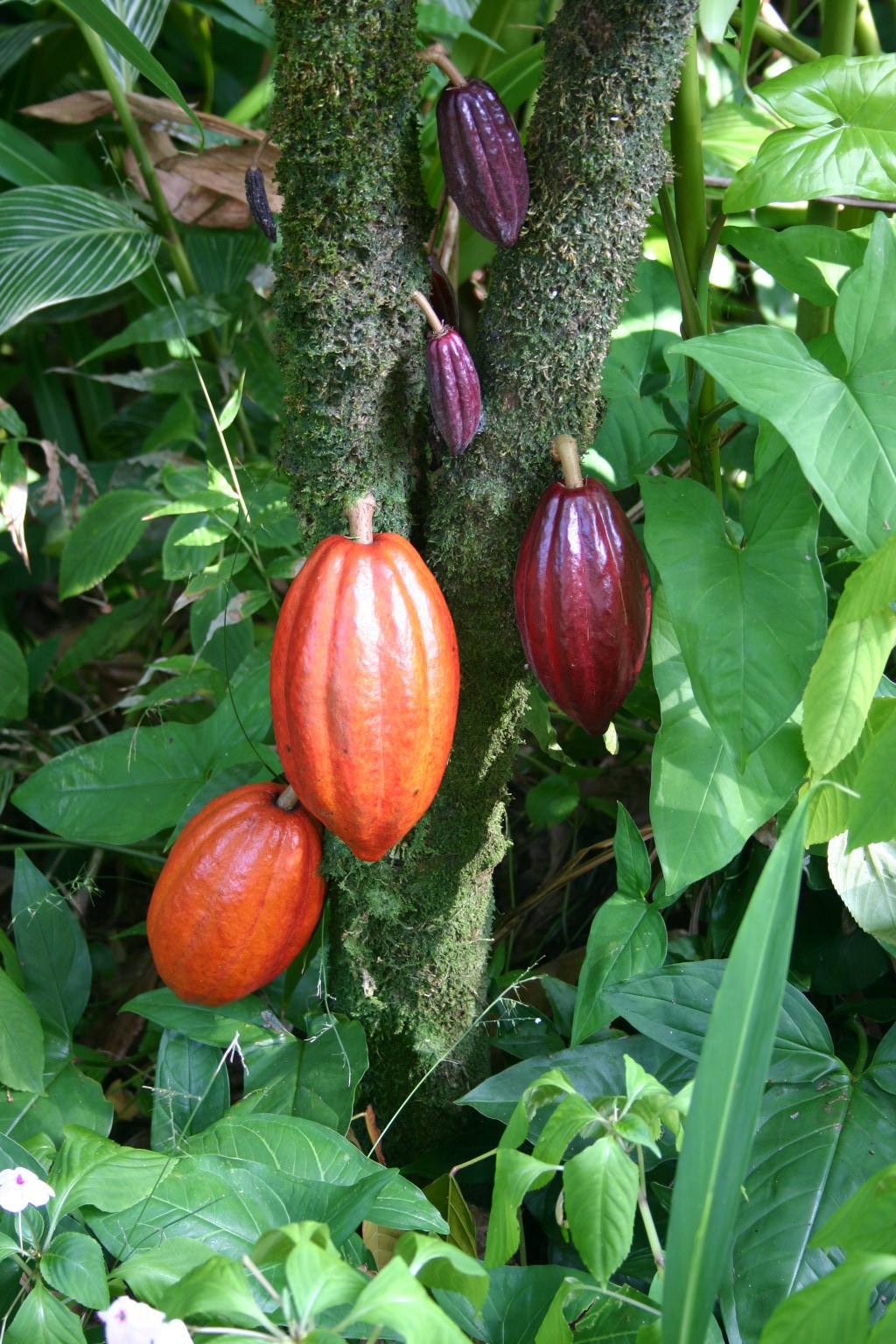There is not enough evidence to affirm that chocolate prevents cardiovascular disease
This is the conclusion of the evaluation of the scientific evidence on the effects of chocolate on cardiovascular health conducted by Nutrimedia, a project of the Science Communication Observatory which analyses the degree of truth of messages about food and health.

Despite the numerous studies available on the beneficial effects of consuming chocolate, the results of these studies are not conclusive and, for the time being, it is uncertain or dubious to claim that the consumption of chocolate will help prevent cardiovascular diseases. This is the conclusion of the evaluation of the scientific evidence on the effects of chocolate on cardiovascular health by Nutrimedia, a project of the Science Communication Observatory (OCC) of the Department of Communication at UPF, which analyses the degree of truth of messages about food and health. In this case, the analysis was triggered due to the accumulation of news items about the beneficial effects of chocolate.
According to the evaluation by Nutrimedia, the degree of confidence deserved by the results of the research carried out is very low. This is so because most of the studies are observational, which in general offer a low degree of certainty; in this type of study it is difficult to attribute the effects observed to the consumption of chocolate (they may be due to many other factors). In addition, it is difficult to estimate accurately how much chocolate was consumed by the study population and, finally, there is a clear risk that the results are skewed, since most studies on chocolate and health are funded by the food industry.
Chocolate is popularly considered a superfood, although in 2007 the European Union limited the use of the term to the existence of a specific, authorized health allegation, based on scientific evidence. Its supposed beneficial effects would result from the flavanols contained in chocolate, especially dark chocolate, and pure cocoa. These antioxidant compounds seem to lower blood pressure, a well-known risk factor for cardiovascular disease.
However, the studies that associate chocolate consumption with a lower risk of cardiovascular mortality and cardiovascular diseases (heart attacks and strokes), and with a slight and brief reduction of blood pressure, provide such unreliable results that it is not possible to draw any conclusions. Therefore, any statement made in the name of science about the benefits of chocolate on cardiovascular health has no solid scientific basis.
The European Food Safety Authority (EFSA) states that the daily intake of 200 mg of cocoa flavanols helps keep blood vessel elasticity and normal blood flow; but this information does not allow transposing to the population the message that eating chocolate protects cardiovascular health. Really, the amount of flavanols that are ingested with chocolate is not known, because on the market there is a great variety of products and derivatives containing no information about their content on the labelling. One fact that should be taken into account is that most chocolate contains a lot of calories (more than 500 to 100 grams); half of the caloric intake is in carbohydrates (mainly sugars) and about one-third in fat, mainly saturated.
To read the technical report : https://tinyurl.com/yc8v5b6e
